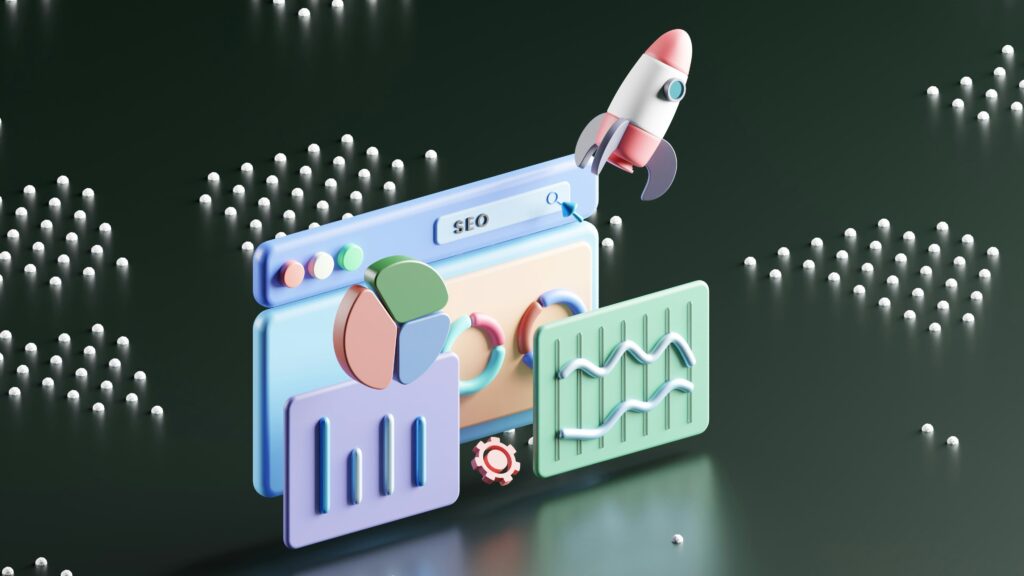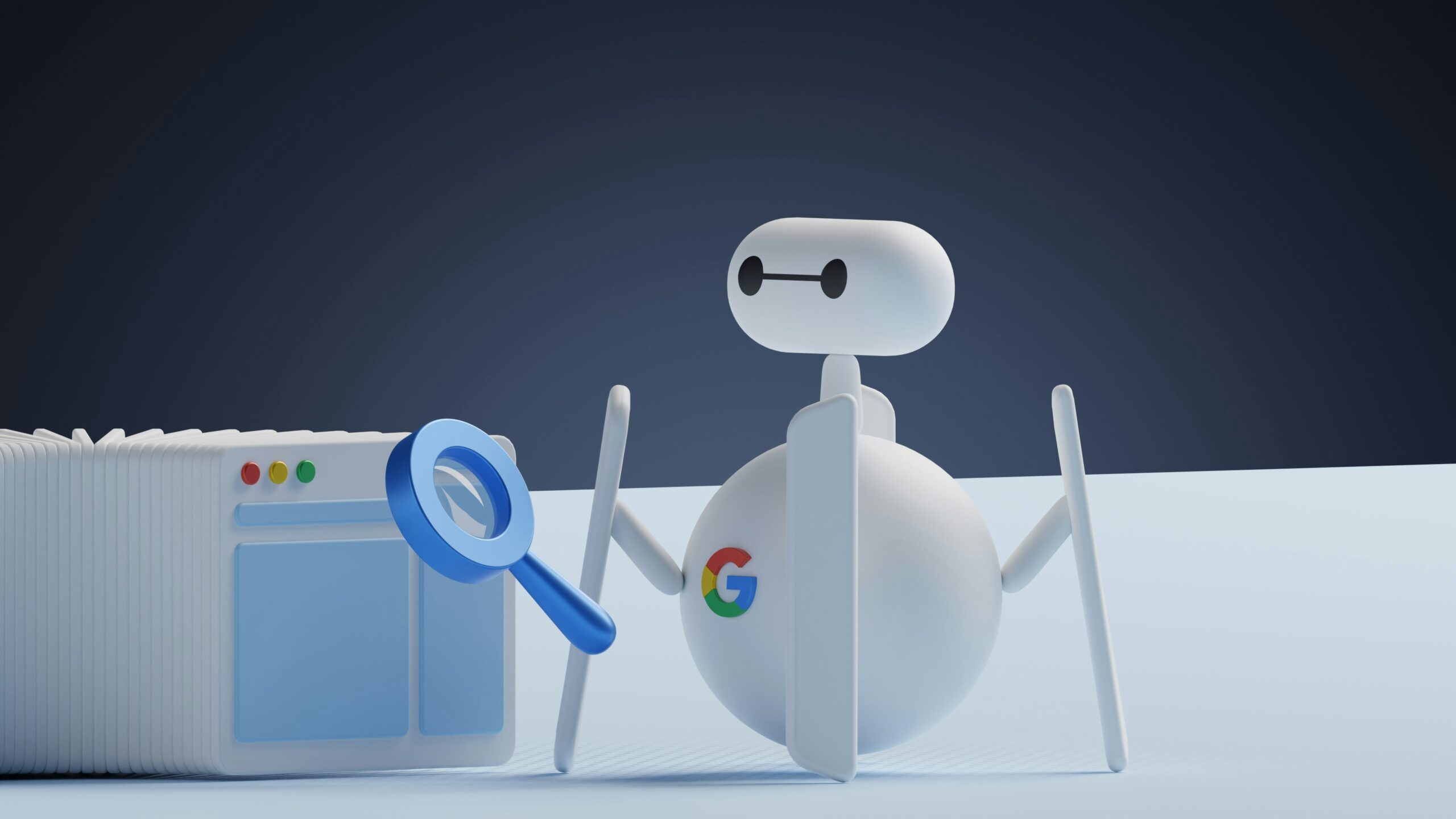Search Engine Optimization (SEO) has always been the backbone of digital marketing. For years, businesses have relied on traditional SEO techniques like keyword research, backlinks, and on-page optimization to rank higher on Google. But with the rapid advancement of artificial intelligence (AI), the landscape is changing. AI-powered SEO tools and strategies are now reshaping how websites are optimized, analyzed, and ranked. This shift raises an important question: Will AI replace traditional SEO strategies, or will both coexist to create a more powerful approach?
Understanding Traditional SEO
Traditional SEO involves a set of practices aimed at improving a website’s visibility in search engine results. These include:
- Keyword Research: Finding relevant terms people search for.
- On-Page Optimization: Using keywords in meta titles, descriptions, headers, and content.
- Technical SEO: Ensuring fast loading speeds, mobile responsiveness, and crawlability.
- Link Building: Acquiring backlinks from trusted websites to build authority.
- Content Creation: Writing valuable, user-focused content that ranks organically.
These strategies have proven successful for years. However, they require constant monitoring, human effort, and time-consuming adjustments as search engine algorithms evolve.
What is AI SEO?
AI SEO is the use of artificial intelligence and machine learning tools to automate, predict, and optimize SEO tasks more efficiently. AI can analyze large datasets, identify patterns, and make recommendations faster than humans ever could.
Some key areas where AI is transforming SEO include:
- Content Creation & Optimization: AI tools like Jasper, SurferSEO, and Clearscope suggest keywords, readability improvements, and structure enhancements.
- Voice Search Optimization: AI helps adapt content for natural, conversational queries used in smart assistants like Alexa and Google Assistant.
- Predictive Analysis: Machine learning predicts keyword trends and search intent shifts before they peak.
- User Experience Insights: AI tracks user behavior to improve engagement, dwell time, and conversions.
- Automated Reporting: Tools like SEMrush, Ahrefs, and Google’s AI-powered analytics offer instant SEO audits and insights.
The Advantages of AI SEO
- Speed and Efficiency – AI can perform keyword research, competitor analysis, and audits in seconds, saving hours of manual work.
- Smarter Keyword Targeting – Instead of just focusing on exact matches, AI analyzes user intent and long-tail variations.
- Better Content Personalization – AI identifies what resonates with audiences and suggests improvements in tone, structure, and style.
- Enhanced Technical SEO – AI detects errors like broken links, duplicate content, and indexing issues quickly.
- Data-Driven Insights – With predictive analytics, businesses can stay ahead of trends instead of reacting late.
Can AI Replace Traditional SEO?
While AI offers remarkable efficiency, it is unlikely to completely replace traditional SEO. Here’s why:
- Creativity Matters – AI can generate content, but it often lacks the emotional depth, storytelling, and originality that humans provide.
- Ethical SEO Practices – Search engines still value authenticity. Over-automating can lead to penalties if AI-generated content seems spammy.
- Human Oversight Is Crucial – AI may misinterpret context, user intent, or cultural nuances. SEO experts still need to refine strategies.
- Relationship Building – Backlink outreach, brand partnerships, and influencer collaborations require human interaction and trust.
Instead of replacing traditional methods, AI should be seen as a powerful assistant that enhances SEO strategies.

The Future of SEO: A Hybrid Approach
The most successful SEO strategies in the future will combine traditional expertise with AI-powered tools. Imagine an SEO process where:
- AI handles data-heavy tasks like keyword clustering, technical audits, and competitor analysis.
- SEO experts focus on strategic decision-making, storytelling, branding, and ethical link-building.
- Businesses create authentic content with human creativity, then refine it using AI insights for better search visibility.
This hybrid approach ensures businesses stay competitive while maintaining quality and authenticity.
How Businesses Can Adapt to AI SEO
- Embrace AI Tools – Use platforms like SEMrush, Ahrefs, Jasper, and SurferSEO to automate repetitive tasks.
- Focus on User Intent – Create content that solves real problems, not just keyword stuffing.
- Optimize for Voice Search – With AI-driven voice assistants growing, conversational queries will dominate.
- Invest in Quality Content – Blend human creativity with AI suggestions for content that ranks and connects with audiences.
- Stay Updated – SEO is evolving rapidly. Keep learning about AI advancements and search engine updates.
FAQs
Q1. What is the difference between traditional SEO and AI SEO?
Traditional SEO relies on manual strategies like keyword research, backlinks, and on-page optimization. AI SEO uses machine learning and automation to speed up these tasks, providing data-driven insights.
Q2. Will AI-generated content rank on Google?
Yes, but only if it provides real value. Google emphasizes high-quality, relevant, and user-friendly content. AI content must be edited by humans to ensure originality and accuracy.
Q3. Can AI SEO replace human SEO experts?
No. While AI can automate technical tasks, human expertise is required for creativity, ethical practices, and building trust-based relationships.
Q4. What role will AI play in the future of SEO?
AI will enhance predictive analytics, voice search optimization, and personalization, making SEO strategies more effective. It will act as a complement, not a replacement.
Q5. Should small businesses use AI SEO tools?
Yes. Many AI-powered tools are affordable and help small businesses compete by saving time and improving efficiency.
Conclusion
The rise of AI in SEO is not about replacing traditional strategies but enhancing them. While AI brings speed, accuracy, and predictive power, human creativity and strategic thinking remain irreplaceable. Businesses that adopt a hybrid approach leveraging AI tools while maintaining human oversight will dominate the digital space.
So, will AI replace traditional SEO? The answer is no but it will transform it into something smarter, faster, and more powerful than ever before.










